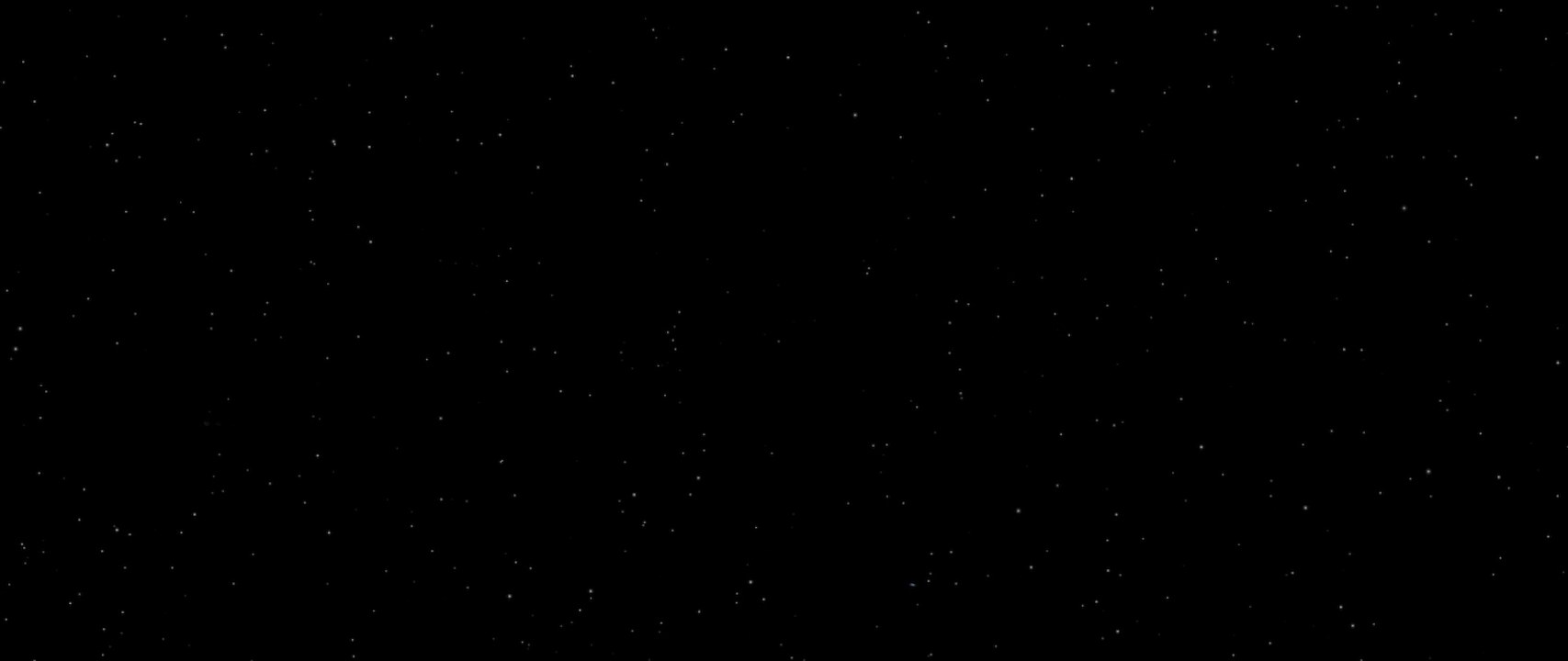Contains 13 films. Full data to be released in 2076.
Read MoreTwo Guns, One Mouth: Dual Adaptations of the Same Novel from the Same Director
Director Masaharu Take answers questions about his two films that came from Fuminori Nakamura’s novel The Gun.
Read MoreThe Forget-Me-Naught

Hidden Gems of the 2000s
A New and Exciting Form of War Profiteering
Revolutionary tactics to further monetize the work of monetized revolutions.
Read More2020//Favorites
Not even half a loaf of the great films of 2020. Arguably not even the heel of the loaf.
Read More50s and Sunny in Noirvember
Super Noirio Brothers
Read MoreFilm Review: Stranger (Shunichi Nagasaki, 1991)
under-seen gem from the V-cinema era
Read MoreJason's Favorites of 2018
Michael Myers and Mary Poppins returned, entertainment famine and brain cell death in the wake of the Infinity War despite record breaking war bonds sold, and the caps lock was turned on when writing on the whiteboard. Let’s all be frank about the good movies from 2018.
Read MoreJason's Favorites of 2017
A24 batted a thousand, but Neon is hot on their heels. Also: Edgar Wright rights his past wrongs with substance and superhero movies finally become good thanks to Amazonian golden bondage play. For All the Daddy's Love in the World.
Read MoreFilm Review: On the Beach at Night Alone (Hong Sang-soo)
by Mara Norman
An important feature of Hong Sang-soo’s film, told in two parts, is the delicate expression of mood and pacing. The film follows the main character Young-hee played by Kim Min-hee (who won best actress for this role at the 2017 Berlin Film Festival) visiting friends at a sea side city. Her character very much floating in a limbo space of ungroundedness and longing. She is searching for a place to land after the end of a brief romantic relationship.
The first part of the film begins in what feels like mid-conversation, two women stand on a balcony of an apartment. Young-hee is visiting a friend, asking advice and asking if she should come to live in the town and suggesting that maybe even the two become roommates. Young-hee, an actress on a self-imposed sabbatical, is at a loss for what to do next; she is trying to give order to her life. The pacing slows everything down; an invitation towards openness, to see and feel the space after the action, witnessing the aftermath of the break-up.
In the second part of the film, she is alone at a film festival. As she exits an empty film she runs into an acquaintance who begins to grill her. He questions her in an almost aggressive way about what is going on with her life. This part of the film explores the awkwardness of how people relate to one another--the limitations of translating emotions into communication. The film explores the power dynamics between colleagues, acquaintances, friendship and gossip. This is the beauty and strength of Hong Sang-soo’s filmmaking; he gently moves the viewer into witnessing basic everyday occurrences and conversations. We witness the intricacies that take place during cigarette breaks, long drunken dinners, awkward cups of coffee, walks in a park, visiting tourist attractions, lonely film festivals and cold grey walks on the beach at night alone. Sang-soo’s strength as an artist is how he can capture unexplained nuanced emotion through symbolic gestures and dialogue.
In both parts an unknown unnamed figure in a black pea coat and seaman’s knitted cap looms as an unwanted observer. In the first part as a creepy aggressor instigating conversation and attention from the women. In the second part as a window washer/worker bee carrying out unconnected duties (an extremely comic scene shows him washing a window outside of a hotel room for an absurd amount of time); the characters in the room pay no attention and go about their business. The observer and characters intertwined and divided by the glass pane of the window, the observer by default, by necessity of his work; overlooking and invading the physical/personal space of the hotel room.
The beach too plays the observer as indicated by the title of the film. The beautiful climax in part two offers a form of completion and poetic relief to what appears to be a hopeless predicament of heartbreak and grief. The space created by this film is one of openness and tenderness exploring the fragility of human connection and regret. As viewers we witness an extremely intimate heartfelt scene, we too separated by a screen watching voyeuristically.
Film Review: Radiance (Naomi Kawase)
EDITOR'S CHOICE: Kawase's film is profound and emotional, relating the unspoken quality of art to human connection.
Read MoreSDAFF 2017: Claire's Camera (Hong Sang-soo)
Shorter than most of his other films but just as alluring.
Read MoreFilm Review: Have a Nice Day (Liu Jian)
A tired crime premise allows room for throwaway moments to become the substance.
Read MoreFilm Review: Dragonfly Eyes (Xu Bing)
Compiled from thousands of hours of CCTV, reality tries to fend off melodrama in Xu Bing's foray into feature film making.
Read MoreBook Review: Unchained Melody - The Films of Meiko Kaji by Tom Mes
Tom Mes' overview of Meiko Kaji's career is more than an overblown Arrow Video booklet even if it doesn't spend very much time in her post-Snowblood career.
Read MoreFilm Review: Friend Request
Not as impressive as Unfriended but held up by a strong metaphor for net-narcissim.
Read MoreNYAFF 2017: Rage (Lee Sang-il)
EDITOR'S CHOICE: Lee Sang-il returns to the work of Villain author Shuichi Yoshida for a bleak look at the impossibility of connection and the failings of both trust and suspicion.
Read MoreVideo Essay: Everyday

Every film that features the Buddy Holly song played at the same time.
Read MoreJapan Cuts 2017: Memoirs of a Murderer (Yu Irie)
The remake of the 2012 Korean thriller surpasses the original by forgoing action for subtext.
Read MoreNYAFF 2017: Happiness (Sabu)
EDITOR'S CHOICE: Sabu's latest film is a tender yet cerebral exploration of memory and loss.
Read More


